The Leibniz-IZW regular publishes press releases on key findings and insights from its research and on events, awards or personalia. The press releases are distributed directly to journalists on our press release distribution mailing list. Press releases are also disseminated through the distribution services Informationsdienst Wissenschaft, AlphaGalileo and EurekAlert. Are you interested in receiving our press releases directly via e-mail? In this case please send us an email to presse@izw-berlin.de.
Current press releases
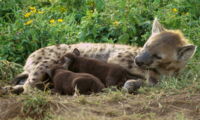
High-born hyena sons benefit their entire life
High-ranking mothers provide their sons with a privileged upbringing and this increases their son’s success after leaving home. This was now demonstrated for the first time in a social mammal, the spotted hyena.
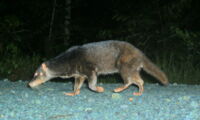
World’s most endangered otter “rediscovered” in Deramakot
The world’s most endangered otter species known as the hairy-nosed otter (Lutra sumatrana) has been “rediscovered” in Deramakot Forest Reserve in Sabah by a collaboration of German and Malaysian researchers.
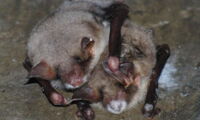
Deadly bat fungus found in several European countries
Within five years the death toll of North American bats succumbing to “white-nose syndrome” has reached the one million threshold, now the causative fungus Geomyces destructans was identified in a number of European countries – without detrimental effects for the native bat populations.
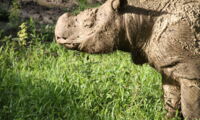
Joint forces to prevent extinction of smallest rhino in the world
International scientists and zoo experts started together with Malaysian governmental and conservation organisations an extensive programme to protect the Sabah rhino.
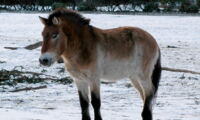
Mystery about domestication of horse has been unravelled – now location and time are proved
Wild horses were domesticated in the Ponto-Caspian steppe region (today Russia, Kazakhstan, Ukraine, Romania) in the 3rd millennium B.C. Despite the pivotal role horses have played in the history of human societies, the process of their domestication is not well understood. A new study unravelled the mystery about domestication of horse.
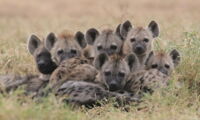
How hyenas ‘inherit’ their social status
An international team of scientists now answered the question how social status is inherited in one of the most social of all mammals, the spotted hyena. The scientists used observations during the last 20 years of rare cases of adoption among hyenas in the Serengeti and Ngorongoro Crater in Tanzania in combination with the latest molecular techniques to identify genetic mothers to demonstrate that hyena mothers pass on their social status by supporting their young during social interactions with other group members.
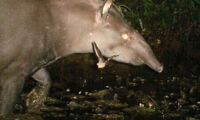
Why fruit-eating bats eat dirt
Each night, tropical fruit-eating bats ingest large amounts of secondary plant compounds with their food. This may become particularly problematic for pregnant or lactating bat mothers, since secondary plant compounds may damage the embryo or the juvenile. Now,a scientific study describes for the first time how female fruit-eating bats deal with this situation.

